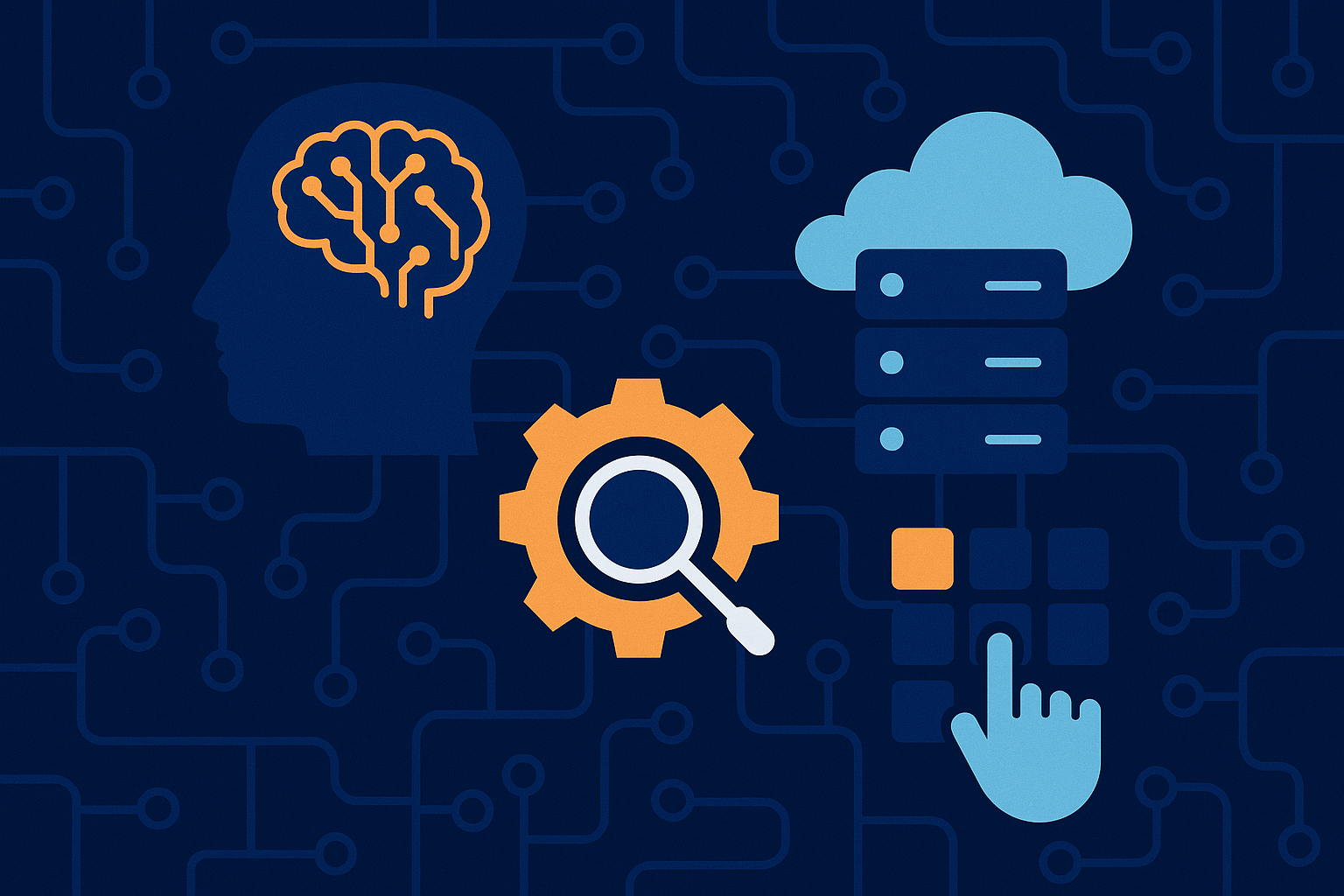Quantum Computing & Cryptography: India’s Next Big Risk

Quantum Computing & Cryptography are emerging as two of the most critical topics in today’s digital world. While quantum technology promises revolutionary breakthroughs in computing power, it simultaneously poses severe risks to existing cryptographic systems that secure our data. Therefore, Indian businesses must not ignore this shift; instead, they should proactively prepare for the coming changes in cybersecurity.
Understanding Quantum Computing
What is Quantum Computing?
Quantum computing, unlike classical computing, leverages the principles of quantum mechanics such as superposition and entanglement. As a result, it can perform certain computations exponentially faster than traditional machines.
Why Does It Matter for Businesses?
Because quantum computers can break widely used encryption standards, they pose a significant cybersecurity challenge. In other words, the very foundation of digital trust—cryptography—could be undermined once quantum systems become sufficiently powerful.
The Quantum Computing & Cryptography Threat Explained
Currently, algorithms such as RSA and ECC secure financial transactions, communications, and confidential business records. However, quantum algorithms like Shor’s Algorithm can solve these problems in a fraction of the time. According to the NIST post-quantum cryptography standards, new algorithms are already being standardized to resist quantum attacks.
Moreover, attackers may already be storing encrypted information today, with the intention of decrypting it later once quantum machines are capable. This approach, often called harvest now, decrypt later, makes the threat even more urgent.
Which Systems Are Most Vulnerable to Quantum Computing & Cryptography?
High-Risk Systems Under Quantum Computing & Cryptography
- RSA and ECC-based encryption in emails, financial systems, and secure websites.
- VPNs and communication networks that depend on classical public-key infrastructure.
- Data archives that need to remain confidential for decades.
Lower Risk Systems Under Quantum Computing & Cryptography
On the other hand, symmetric encryption methods like AES are relatively safer, though not completely immune. With Grover’s Algorithm, quantum machines could still weaken them, but doubling key lengths may mitigate some risks.
The Timeline of the Threat
Although quantum computers capable of breaking RSA/ECC at scale are not available today, research progress is accelerating. Consequently, many experts predict that within the next decade, a “Q-Day” will arrive—the point when quantum machines can break classical encryption.
Furthermore, as highlighted in a quantum cybersecurity threat report by Capgemini, two-thirds of organizations already view quantum computing as a critical cybersecurity issue.
How Indian Businesses Can Prepare for Quantum Computing & Cryptography?
Phase 1: Awareness and Assessment
- Educate leadership and IT teams about quantum risks.
- Identify systems and applications that rely on vulnerable cryptography.
- Classify sensitive data by retention requirements.
Phase 2: Strategy and Pilot Testing
- Adopt crypto-agility so encryption methods can be swapped when required.
- Test post-quantum algorithms in low-risk environments.
- Implement hybrid approaches combining classical and quantum-safe methods.
According to EY’s insights on why organizations should prepare for quantum cybersecurity, early adopters will gain both resilience and a competitive edge.
Phase 3: Migration and Deployment
- Prioritize high-risk systems such as communication links and payment gateways.
- Upgrade key management practices to handle post-quantum keys.
- Conduct ongoing audits and penetration tests.
Phase 4: Long-Term Vigilance
- Monitor advancements in both quantum computing and cryptography.
- Collaborate with industry groups and regulators to remain compliant.
- Continuously review and adapt your cybersecurity roadmap.
Benefits of Early Action
By preparing today, businesses can:
- Build resilience and safeguard brand trust.
- Reduce compliance and regulatory risks.
- Avoid last-minute costly migrations.
- Gain a competitive advantage by being quantum-ready ahead of rivals.
Key Challenges in Adopting Quantum-Safe Cryptography
Increased Costs
Upgrading to quantum-safe infrastructure requires investment. However, the cost of inaction could be far greater if sensitive data is compromised.
Performance Issues
Post-quantum algorithms often involve larger keys and slower processes. Nevertheless, hybrid models can balance performance and security.
Skills Shortage
Since quantum cryptography is a niche skill, businesses may face talent gaps. Therefore, training and partnerships will be essential.
The Future of Quantum Computing & Cryptography in India’s Digital Economy
India is already making strides with India’s National Quantum Mission, which supports startups and researchers to advance secure communication, quantum computing, and materials. Furthermore, companies like QNu Labs are pioneering homegrown solutions in quantum-safe cybersecurity. Together, these initiatives will define India’s role in the global quantum landscape.
Frequently Asked Questions (FAQs)
1. When will quantum computers actually become a threat?
Experts estimate that within the next 10–15 years, sufficiently powerful quantum machines may emerge. However, businesses should act now due to “harvest now, decrypt later” risks.
2. Are all encryption methods equally vulnerable?
No. Public-key algorithms like RSA and ECC are highly vulnerable, while symmetric algorithms like AES are more resilient but still need stronger key sizes.
3. What is post-quantum cryptography (PQC)?
PQC refers to new cryptographic algorithms designed to withstand attacks from quantum computers. Standards are already being finalized by NIST and other bodies.
4. How can small and medium businesses prepare?
Even smaller firms can start by adopting crypto-agile systems, staying informed about PQC standards, and ensuring their vendors and partners are also quantum-ready.
5. Does India have initiatives for quantum security?
Yes. Under the National Quantum Mission, India is actively funding research, startups, and pilot projects in quantum computing and secure communications.
As quantum computing moves closer to reality, the need for quantum-safe cryptography becomes urgent. Waiting until the last moment may expose your business to irreversible risks.
At Hepmade, we believe preparation is power. 👉 Reach out to Hepmade for a consultation on post-quantum readiness, and let us help you safeguard your digital future.
#QuantumComputing #Cryptography #CyberSecurity #DataSecurity #QuantumSecurity

Don't miss Our Update. Subscribe us for more info.
Request Quote
What type of solution you are seeking?
Please Select One
Your estimated budget
Please Select One
 Hepmade
Hepmade 
 Automation
Automation 


